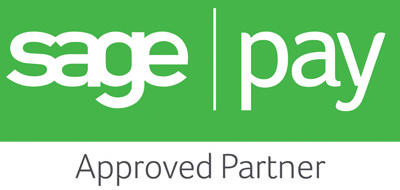Using Facebook Groups To Drive Customer Retention Pt 2
In part one, we looked at the types of Facebook group available, and what the benefits of each type offer a business. We looked at the basics of managing and moderating a group, and now we're ready to delve into the nuts and bolts of what you can actually do with your new Facebook group.
Facebook group features such as the Files and Events tabs can be put to great use by yourself or your members who might want to share information about how they use your product. This is a great place to put whitepapers, product specification sheets and instructions. Any member can upload files so you do need to check that nothing inappropriate has been added, but generally speaking the members who will go to this length won't be the ones you need to worry about.If a Facebook group for customers was set up by a slow cooker company, you'd encourage members of the group to post their recipes in the files area, while you might also encourage photographs of customers using your product – images grab the attention more than text posts and when your group posts appear in your members' news feed the ones with images will get their attention and bring them into the group to interact.
Using the Events tab in your group is a great way to bring your members together either virtually or in real life (if it is safe to do so under your local restrictions). Virtual events such as seminars and product demonstrations can be a great way to engage your users, but virtual social events, like a Zoom coffee morning, could also provide your customers and group members with a space in which to discuss your products or services and how they use them. Encouraging the group to interact and post their own content makes them more invested in your group; which in term eventually leads to less work for the admins and moderators as the group starts to self-police.
Moderating a Facebook group can be a lot of work, so ensure you have at least one other person able to help you with this.As the group owner you're an admin, and you can nominate other group members to be admins or moderators – moderators can approve or decline membership requests and posts, as well as mute, ban or block people who persistently follow the rules. You can decide whether to give people second chances on rule breaking, or whether to remove rule breakers from the group at their first offence, but remember that the way you run your Facebook group will be perceived as analogous to how you run your business; it pays to be kind and tolerant while not allowing anything that offends or upsets the group as a whole.
You will find that some customers use the Facebook group as a customer services channel, so do be ready to spend a fair bit of time dealing with complaints or questions. If you already have an active and responsive customer care team this may not be too much of an issue, but if you don't already have a dedicated channel for customer care then your customers may well decide to use your group as a way of getting their complaints or queries dealt with.
Having a business specific Facebook group for your customers can be instrumental in your long term growth strategy, but you should be prepared to invest the time in moderating it properly and interacting with people yourself. A Facebook group involves some set up time, and regular moderation and checking, at least in the early stages. This investment is worth it, though, for the long term gains you'll see in terms of customer retention, engagement and loyalty.
